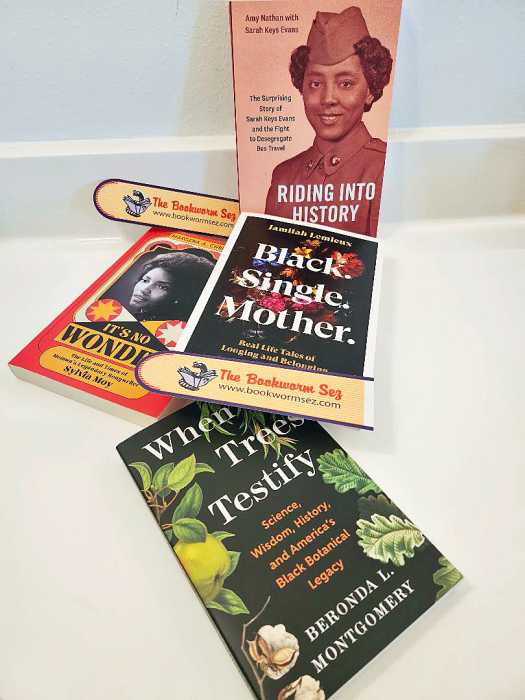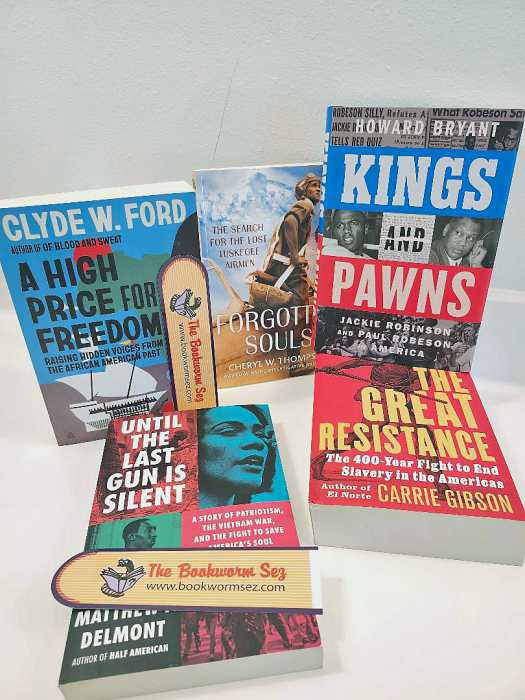“Joy Goddess: A’Leila Walker and the Harlem Renaissance” by A’Lelia Bundles
c.2025,
Scribner
$29.99
364 pages
Mama said.
Mama said to be nice to others. Stand up for yourself, she said. You can do whatever you put your mind to. Stay out of trouble. Take care of yourself and those you love. Mama said many things that shaped your life, and in the new book “Joy Goddess” by A’Lelia Bundles, Mama left a considerable legacy.
She remembered a time before, and a time after.
In the past, Lelia Walker and her mother had little to nothing. Lelia’s father had died when she was very young, and it was up to her mother, Sarah, to put food on the table and a roof over their heads with her hard work. There was simply no room for extras.
In the after – after Sarah had become Madame C.J. Walker, head of a beauty empire that catered to Black women, there was money, mansions, and a particular kind of fame. There was still hard work, too, but Lelia embraced it because she was proud of her mother’s acumen – maybe more so after Madame made young Lelia a “full partner” to run some of the farther-flung accounts.
It was true that mother and daughter didn’t always see eye-to-eye. Lelia felt emboldened to speak her mind because she had worked away from Madame for years, but Madame often shut her down. Lelia wanted to choose her husband, but Madame let her feelings about the beau be known. They argued fiercely, then acted like there was never any problem. They loved one another, says Bundles, but they were “’ fire and ice.’”

Bundles says Lelia sought her mother’s opinion on all matters, but she didn’t often heed her mother’s words. Madame didn’t like that, but as the years passed, she gave more and more of the business up, confident that Lelia (later, A’Lelia) would take care of things – and she was, overseas, as her mother’s health began to fail…
Filled with lush word-painted images of opulence and wealth and a sometimes-reverential tone, “Joy Goddess” is a biography that covers much territory: because author A’Lelia Bundles is A’Lelia Walker’s great-granddaughter, it’s part family history, as well as Black history. It is a business biography, too, in a significant way. And it’s a pure and simple love story that will appeal to any headstrong mother-daughter pair.
The last part features most strongly and builds to break hearts, even though readers are never unaware of what’s to come. Bundles is honest about how the Walker women changed surrounding lives—Madame had “adopted” a daughter with mixed outcomes – and how their beauty empire positively affected Black business and culture for decades, but she seems to push racism aside somewhat in the telling here. Instead, Madame and A’Lelia’s accomplishments and their world take front and center, and you’ll appreciate that.
This book is for readers who want a wide-reaching biography with hints of inspiration. It’ll make a great book club book or mother-and-daughter tale to share. Read “Joy Goddess.”
Mama would approve.























